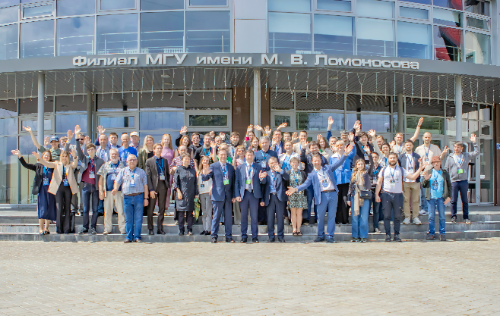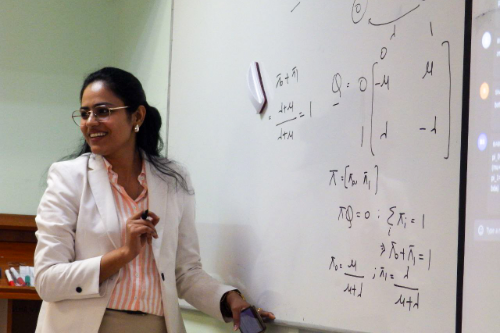– We familiarized our Chinese colleagues with the scientific activities, main areas of research and development prospects of KarRC RAS. They showed great interest in our Centre: Moscow and St. Petersburg are well known to scientific organizations in China, but little is known to them of Karelia. Already now, they have interest in several spheres: research in natural sciences, innovations, education and PhD training, exchanges. It was decided to start with water research topics, – told the Head of Department for International Cooperation KarRC RAS Pavel Petrov.
Online seminar “Water research and expertise: potential areas of common interest for Karelia and China” took place on August 16th. Presentations were made by staff of the Northern Water Problems Institute KarRC RAS, Nanjin Institute of Geography and Limnology, and Institute of Hydrobiology (Wuhan, China).

Northern Water Problems Institute KarRC RAS is a leading research organization in Northwest Russia investigating the various aspects of the White Sea, Onego and Ladoga lake ecosystems, lake-river systems and their catchments in Karelia and the Kola Peninsula, Vologda, Leningrad and Arkhangelsk Regions, as well as the region’s groundwater.
Karelian participants of the seminar talked about the studies of reservoirs and catchments under a changing climate, human impact and biological invasions, about groundwater resources and geochemistry, and many other topics. Chinese researchers, in turn, acquainted Russian colleagues with studies on aquatic biodiversity and ecology, greenhouse gas emissions, and some others.
– The seminar was held at a high profession level. Researchers spoke the common language of science and spotted many mutually interesting and promising topics. Colleagues from the two countries were quite satisfied with the first communication experience and are looking forward to productive cooperation in the nearest future. The collaboration potential is great: CAS is the supreme scientific institution in China and the country’s leading center for basic research in natural sciences. In view of growing HR and financial opportunities, scientists from CAS are actively involved in a number of major international projects of global and regional nature, – Pavel Petrov summed up.

Final fragment of the presentation by Peiyu ZHANG, Assistant Researcher, Laboratory of Ecosystem Ecology, Institute of Hydrobiology, CAS
The next step in the relationship between scientific organizations of the two countries is going to be signing of cooperation agreements and development of joint projects in the framework of the agreements.






